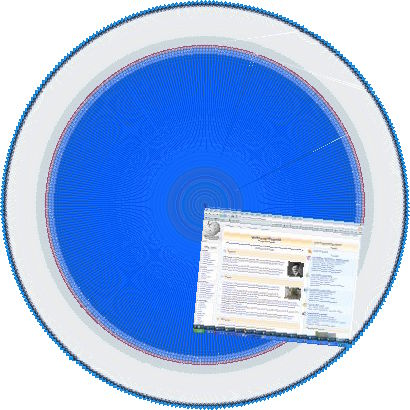Android is the most used operating system for phones. Unfortunately software updates for android phones are not always available nowadays, so the only way to keep your phone secure and up-to-date, is to use a community driven version of Android.
Well, Android is open source, so you can always build something like LineageOS to get a recent version of Android for your device.
I certainly can recommend that. Even older phones are running quite nice, especially when all the proprietary (Samsung/Google) stuff is not installed. Don’t flash GAPPS and your phone feels like new.
Of course that means you don’t have something like Google Maps, but safety has a price, and to be honest, OsmAnd Maps is an excellent replacement.
Software for Android phones outside Google Play store
So now you have a recent LineageOS Android version on your phone, now you need software. You can use the F-Droid repository full of FOSS (Free and Open Source Software).
Opera Browser for Android outside the Google Play Store
You can find the Opera Browser, both the Mini, Mobile and the Opera Android version here:
https://www.opera.com/mobile/download/versions/
Firefox Browser for Android outside the Google Play Store
Firefox for Android is the only mobile browsers that has support for extensions. I can really recommend it.
You can find the Firefox browser, the apk package here:
https://www.mozilla.org/en-US/firefox/android/all/
If you want to try out a beta version of Firefox for Android, you can find it here:
https://www.mozilla.org/en-US/firefox/android/beta/all/
And Firefox Aurora, the nightly builds:
https://www.mozilla.org/en-US/firefox/android/aurora/all/
When you use Android AOSP, you can have a hard time finding the right browser for your device. Don’t ask me why, but all those links are more or less unfindable, because they are hidden from search-engines.
<meta name="robots" content="noindex">Hope we can help.
Android AOSP is a great operating system for phones, and more or less the only way to use an Android Phone safe and secure for more then two years.
UPDATE
Firefox seems to change/hide direct download links for their Android browser. I guess Google is making the rules, and forbids public downloads.
Google is getting a pain in the ass here, why are they discouraging people to run 100% transparent open source software: Google that behavior is doing evil!.
There is always the FDroid Firefox version, I can recommend that.
https://f-droid.org/packages/org.mozilla.fennec_fdroid/
And of course there is the public development on Github, which offers releases as well:


